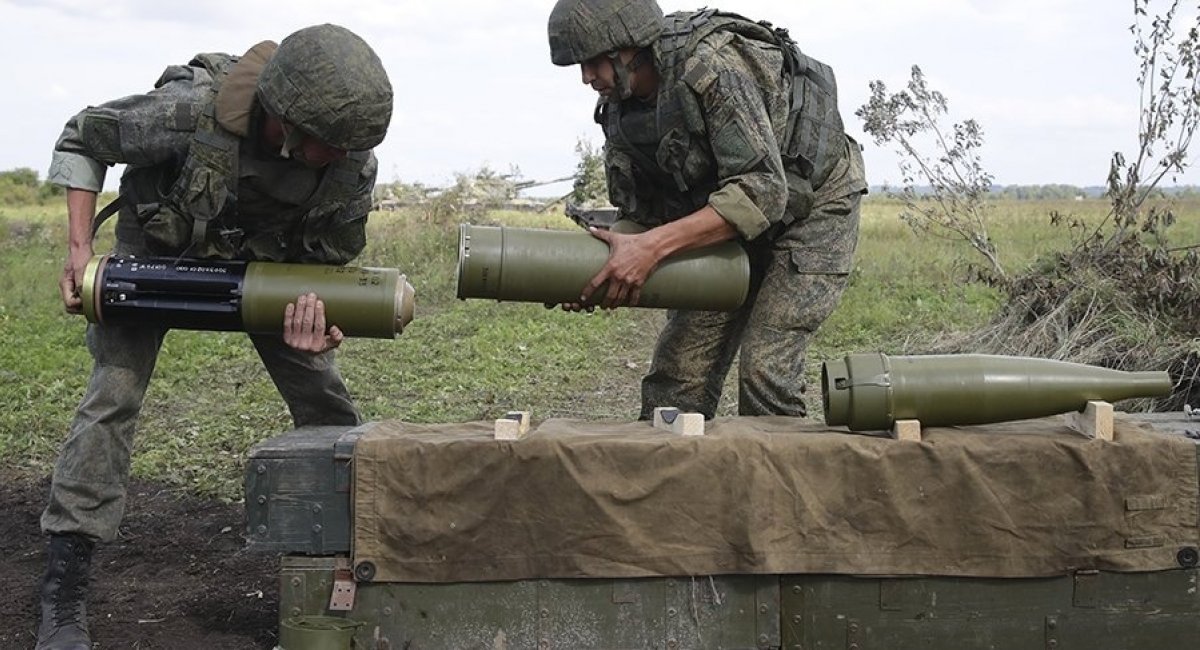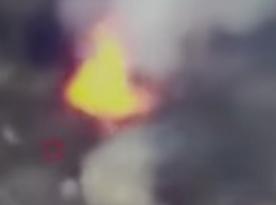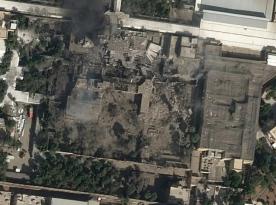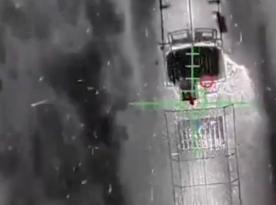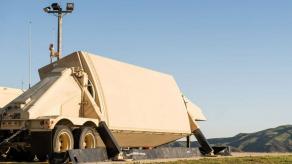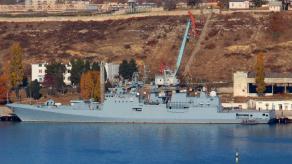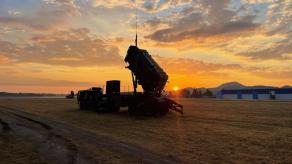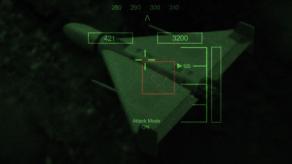An articles describing an experiment using 152-mm the Krasnopol guided artillery ammunition with a high-explosive warhead to destroy tanks are available to be found in free access. In particular, such an experiment was carried out by the Soviet military in 1986 (it was in that year that the the Krasnopol was adopted by the Soviet Army).
The conditions of the experiment assumed that the firing was conducted by direct fire at a distance of up to 500 meters from the D-20 howitzer. A separate part of the experiments studed the possible state of the crew members after athe projectile hit the armor of the tank - for this even experimental animals were used.
Read more: Russia’s Allies In Libya Got Shelled By the Chinese Copy of Krasnopol Rounds, But the Supplier Is Unknown
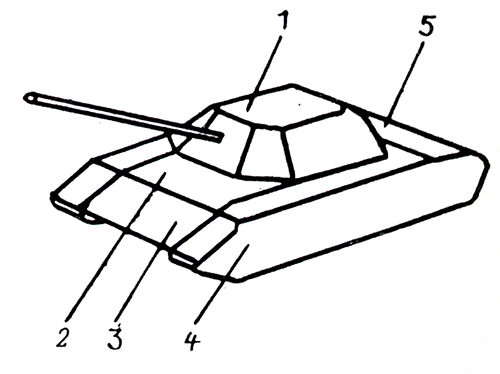
It is indicated that "Object 172" (an experimental vehicle based on the T-64A tank, a modernized version of which became the basis for the T-72) and "Object 219" (probably a prototype of the T-80 tank) were used to conduct such an experiment. The number of shots fired is not indicated. Instead, the data on the effect of a 152-mm guided projectile hitting the tank's armor with direct fire are indicated.
It turned out that the most vulnerable areas for hitting by such ammunition are the roof of the tank tower, as well as elements of the frontal armor, engine and transmission compartment, rollers and track. Due to the peculiarities of the composition of the Krasnopol guided artillery projectile, the most impressive effect is given by the detonation when the projectile comes into contact with the tower.
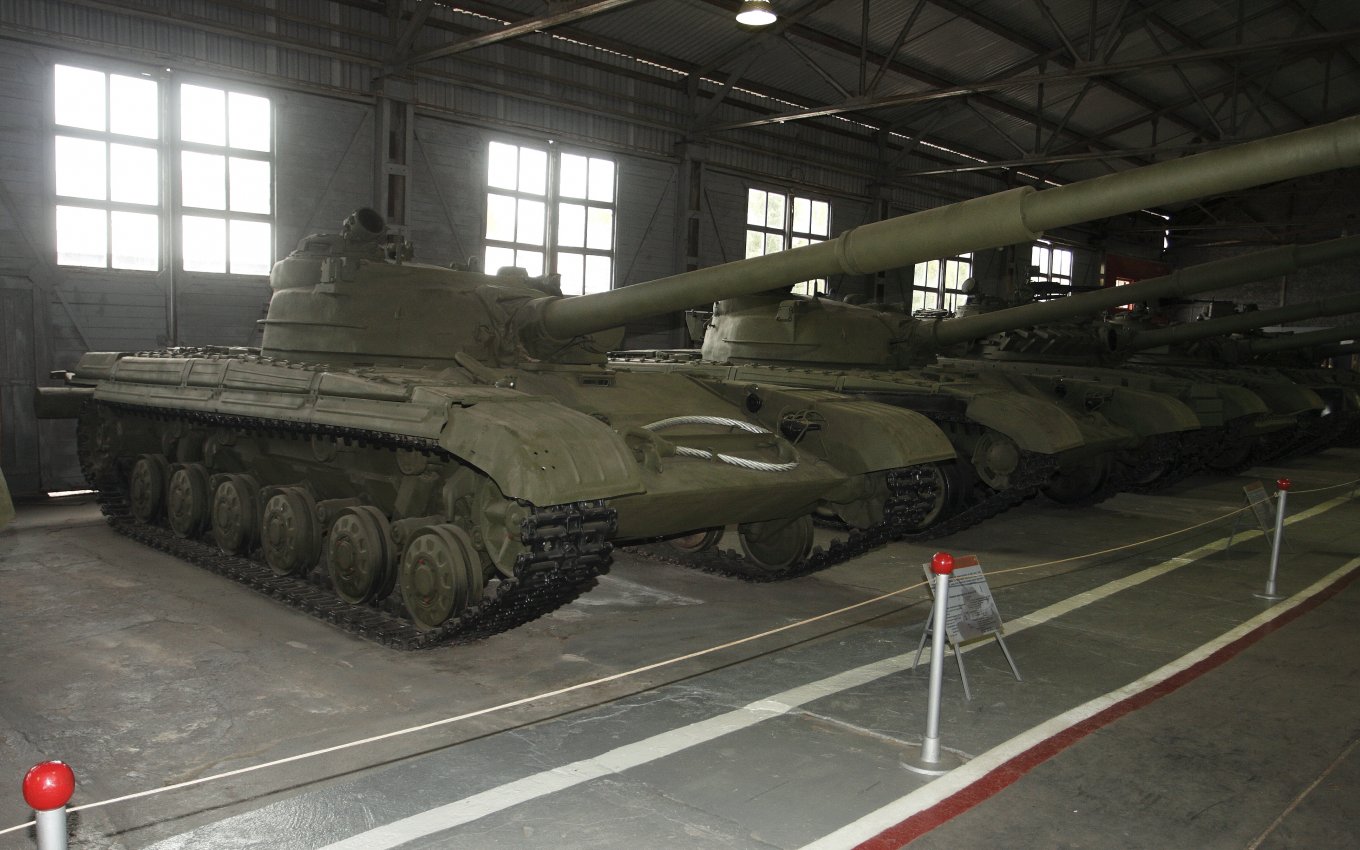
It is claimed that when the roof of the "Object 219" tower (that is, the "conditional" T-80 tank) was hit, the observation devices of the commander and the driver were damaged, and a puncture of the tank with subsequent fuel leakage was recorded. This eventually led to a decrease in mobility and the loss of the ability to aim fire.
When the upper front part of the "Object 219" body was hit, damage to the equipment in the engine compartment was recorded, as a result of which the tank lost mobility due to the failure of the control system, but on the other hand, it was still able to fire.
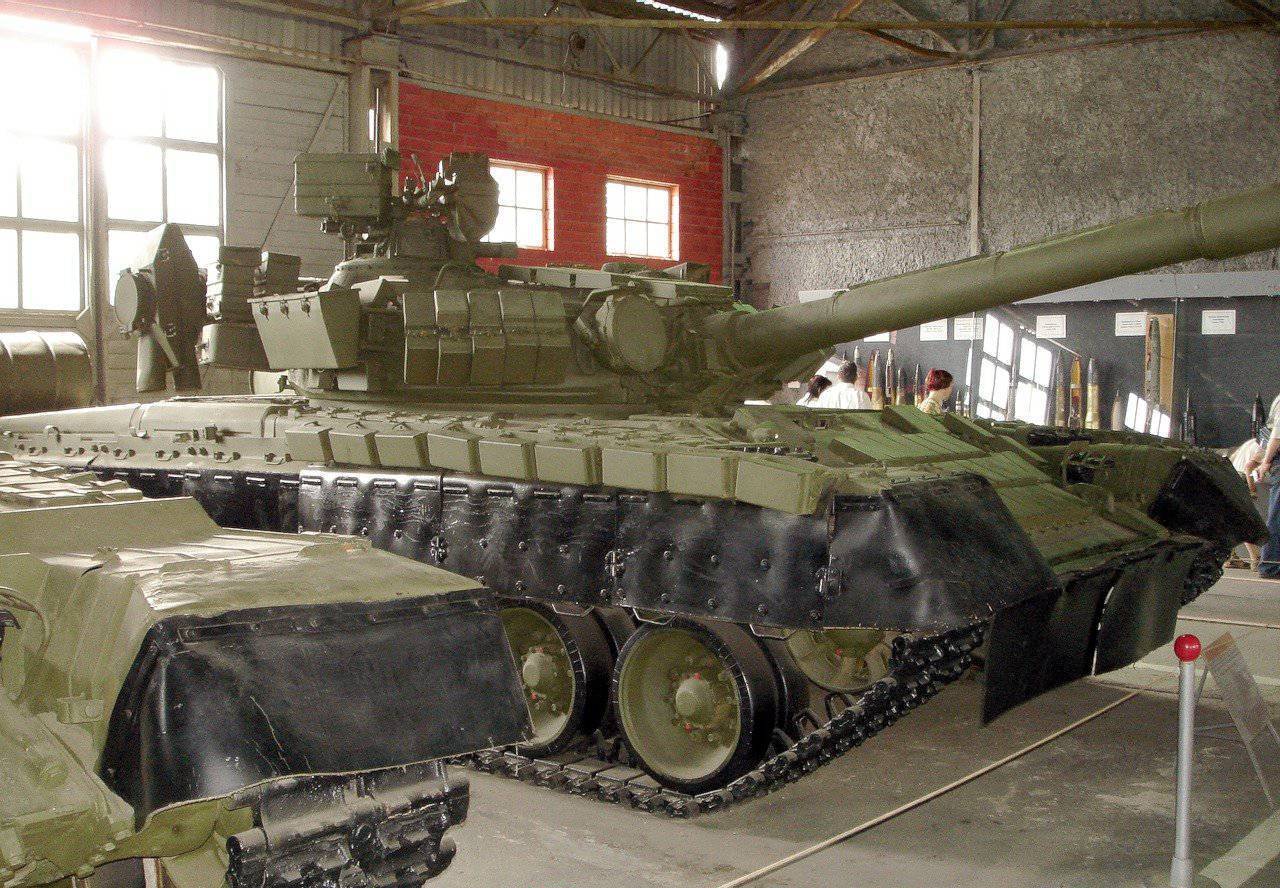
In the case of "Object 172" tank, when hitting the roof of the tower, the result was also damage to the observation devices of the commander and the driver. A hit to the left side caused the destruction of the rollers, a hit to the aft part of the tower resulted in damage to the engine compartment and immobilization of the tower itself.
On the one hand, the results of the experiment described above show that hitting by 152-mm the Krasnopol guided artillery projectile even in a Soviet tank can lead to damage to the undercarriage and/or loss of the ability to fire, but does not lead to the destruction of the tank as a whole.
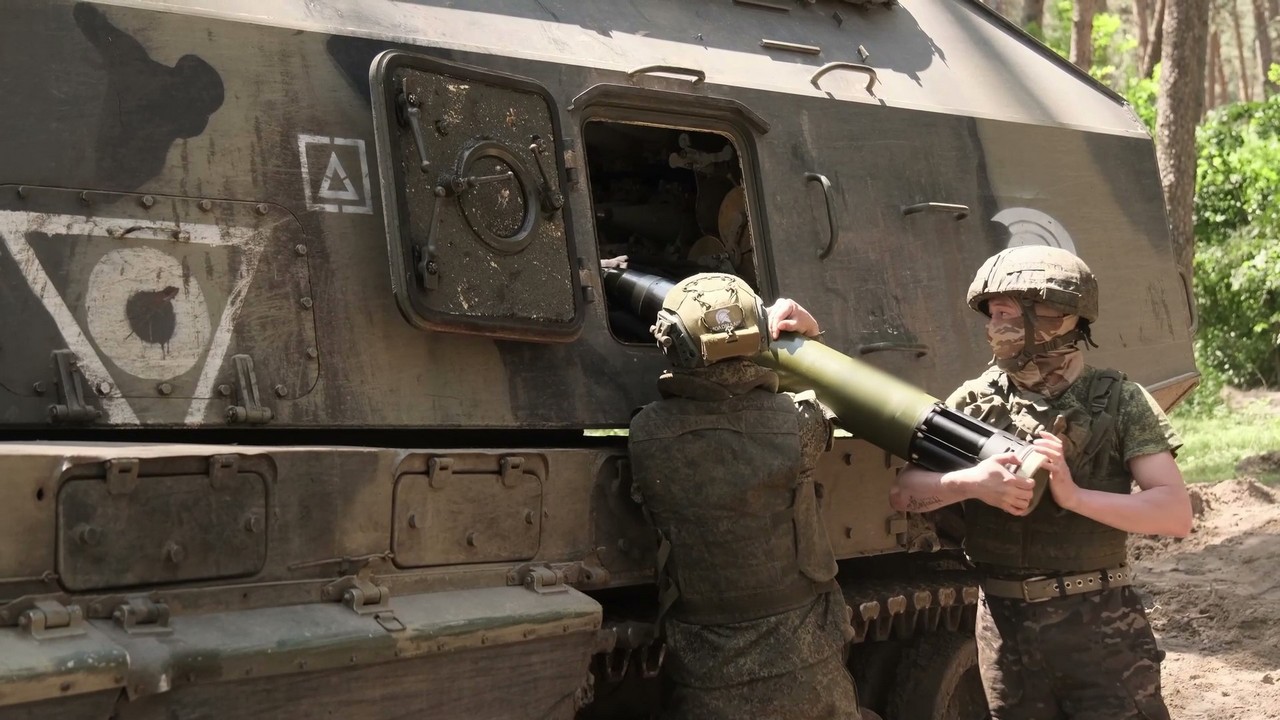
This experiment does not give an answer about the effectiveness of the Krasnopol guided artillery ammunition when it is used at the maximum possible range of 20 km, but it is quite likely that the results can be much worse than at a short distance were.
As Defense Express reported, the Armed Forces of Ukraine Captured Russian Krasnopol Guided Artillery Shells Near Izyum.
Read more: Ukrainian Warriors Eliminate Another russia’s Most Advanced T-90 Tank Near Bakhmut (Video)




